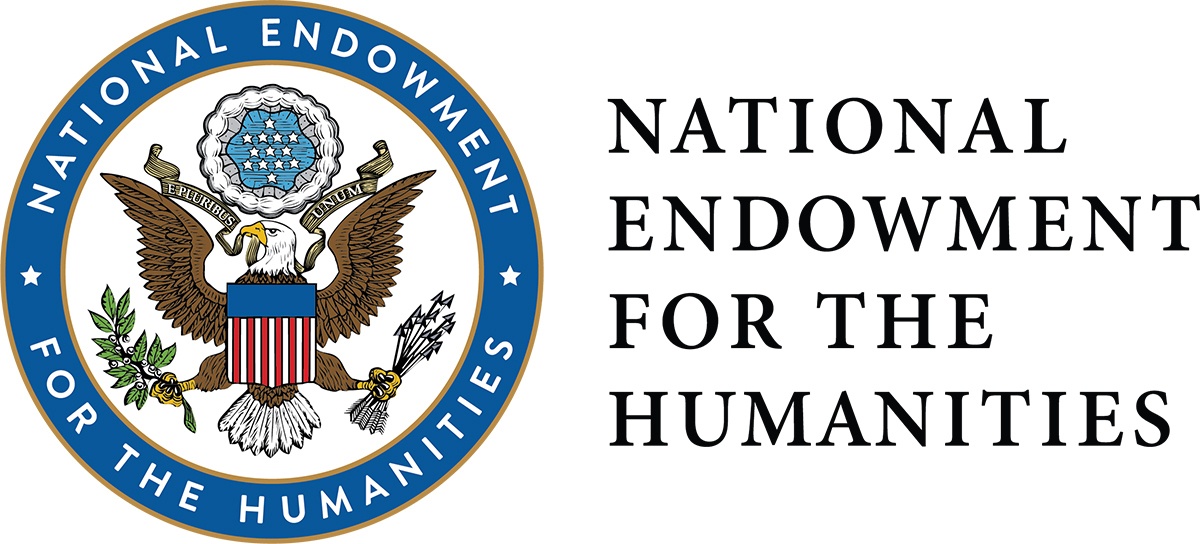Portable Digitization Kit Loans
The Center for Archival Collections (CAC) is pleased to make two digitization kits available for loan to assist campus and community organizations in documenting and preserving their history. Kits include a flatbed scanner and other equipment for scanning two-dimensional photos and documents as well as an audio recording device for capturing oral histories. Equipment was purchased with grant funding from the NEH and is being repurposed after being used in a community scan day.
Loans are available for a period of one month and come with an orientation session from a CAC staff member! The orientation includes an introduction to the equipment and software, along with a consultation session to set goals and review practices for the scanning project. Organizations may also discuss having the digital files created during the project archived and/or made accessible by the CAC.
Each digitization kit* includes:
- Epson Perfection V800 Scanner with power cord and USB connector cable ($730)
- Zoom H4N Pro digital recorder ($200)
- External hard drive – WD 2TB Elements portable external drive ($75)
- Instructions, manuals, and templates developed by the CAC as a part of the community scan day.
Patrons are responsible for full replacement cost if the scanner is lost, or the full repair cost charged by the university’s selected repair service if the scanner is damaged. Original market price is listed above for reference. If during a loan the item stops working properly, please let us know as soon as possible.
For more information or to arrange a loan, contact Michelle Sweetser at 419-372-8085 or msweets@bgsu.edu. Kits must be picked up from and returned to the CAC during normal operating hours and require advance booking.
*Note: the kit does not come with a computer. Borrowers will need to provide their own desktop or laptop in order to utilize the scanner and to transfer files from the digital recorder.
Our portable digitization kits have been made possible in part by a Common Heritage grant from the National Endowment for the Humanities. Any views, findings, conclusions or recommendations expressed by this process do not necessarily represent those of the National Endowment for the Humanities.

Updated: 09/30/2021 04:14PM
